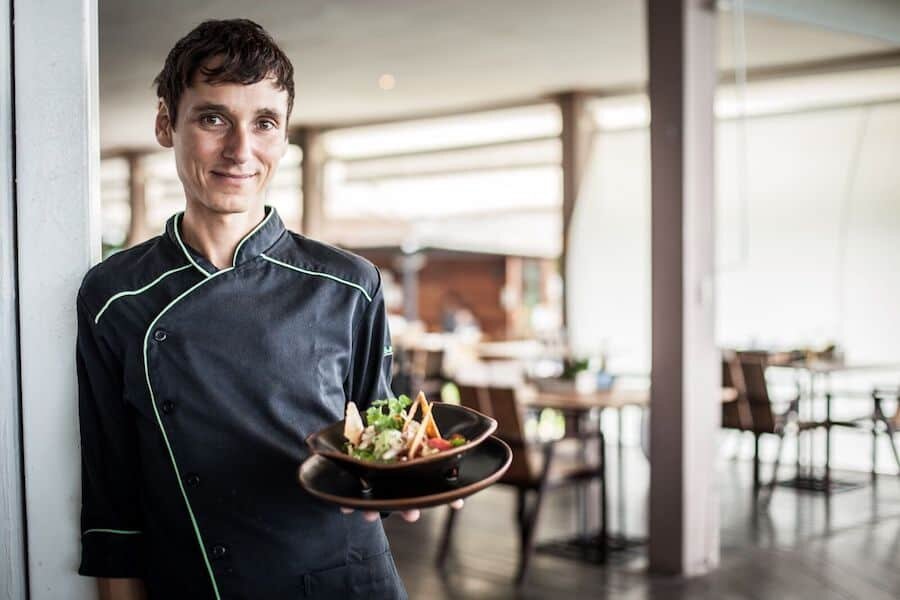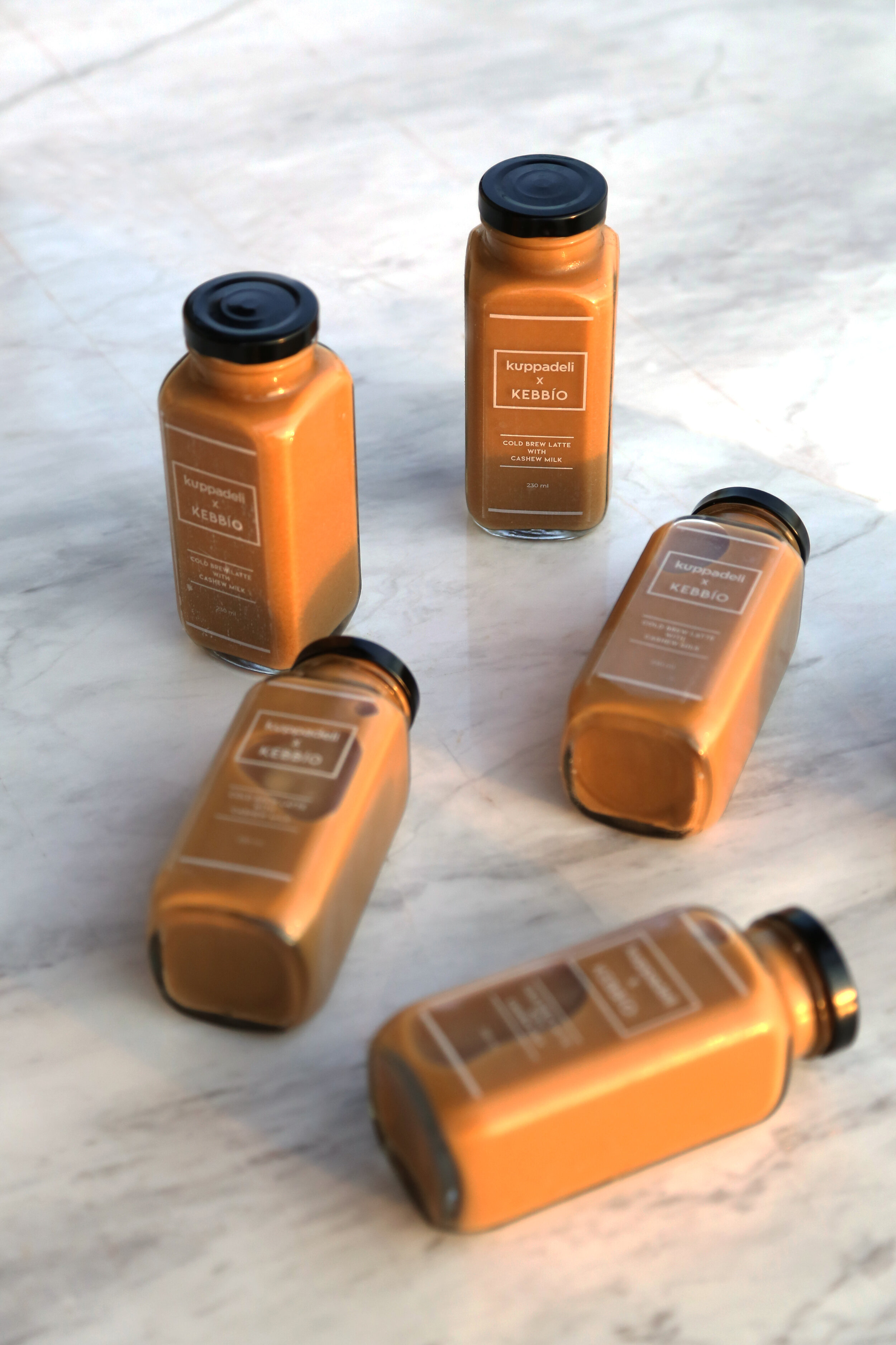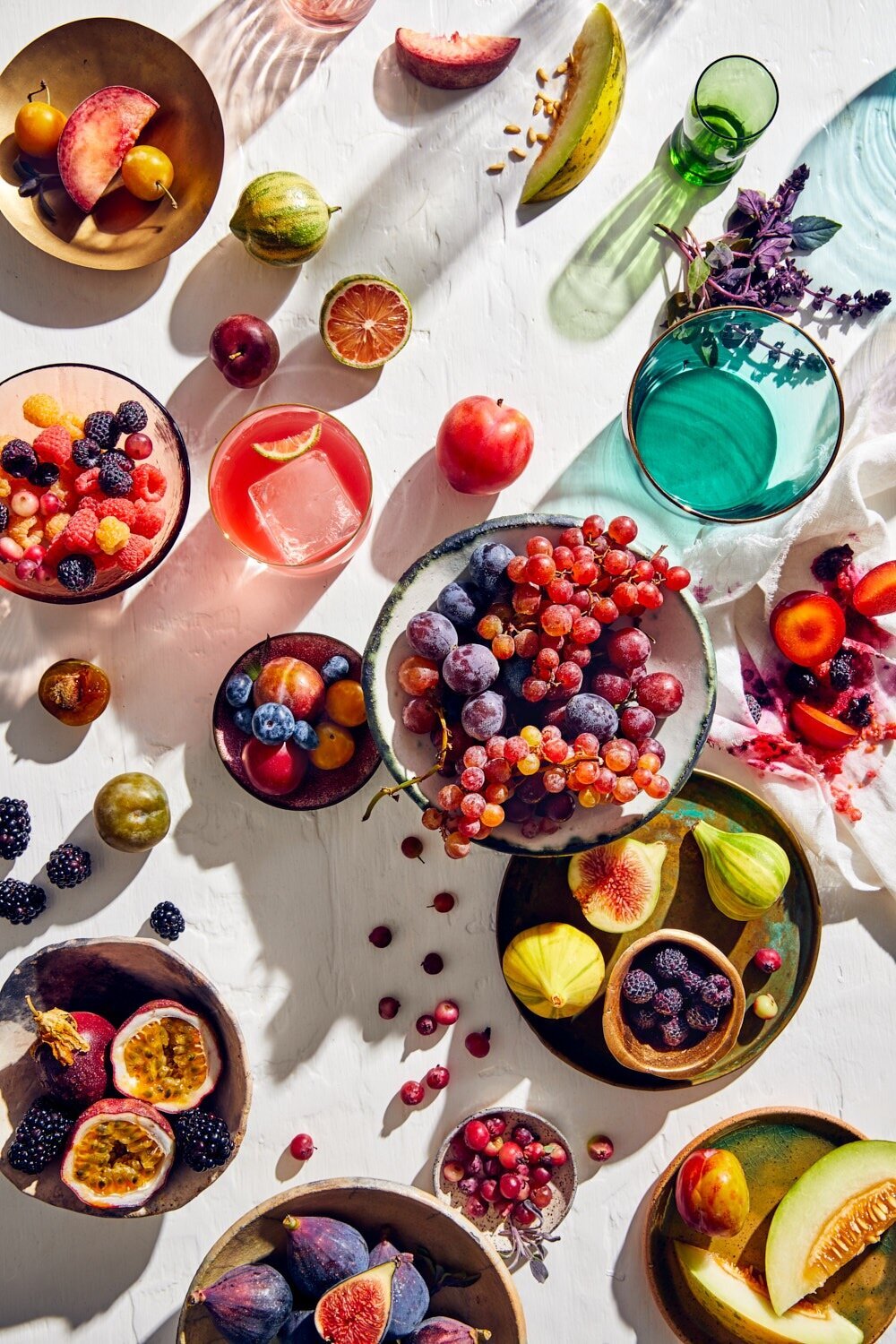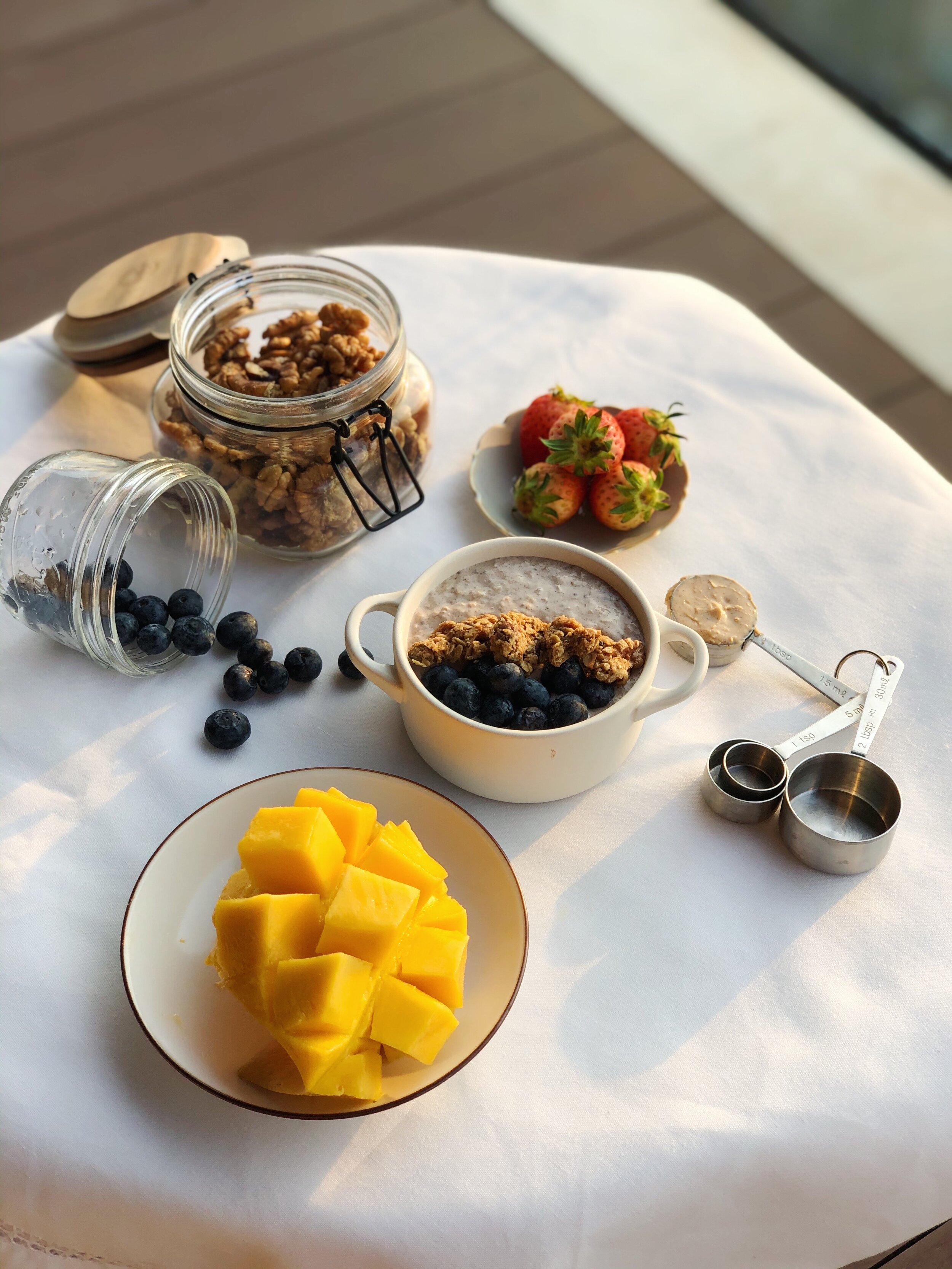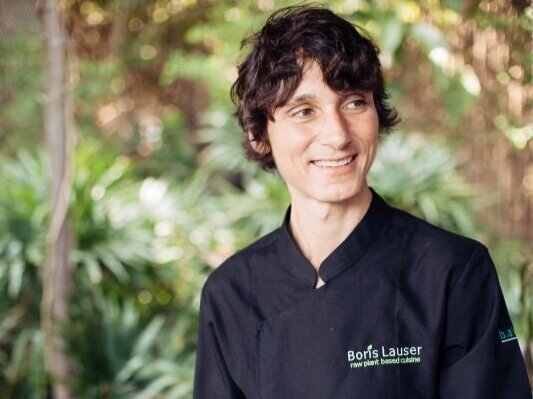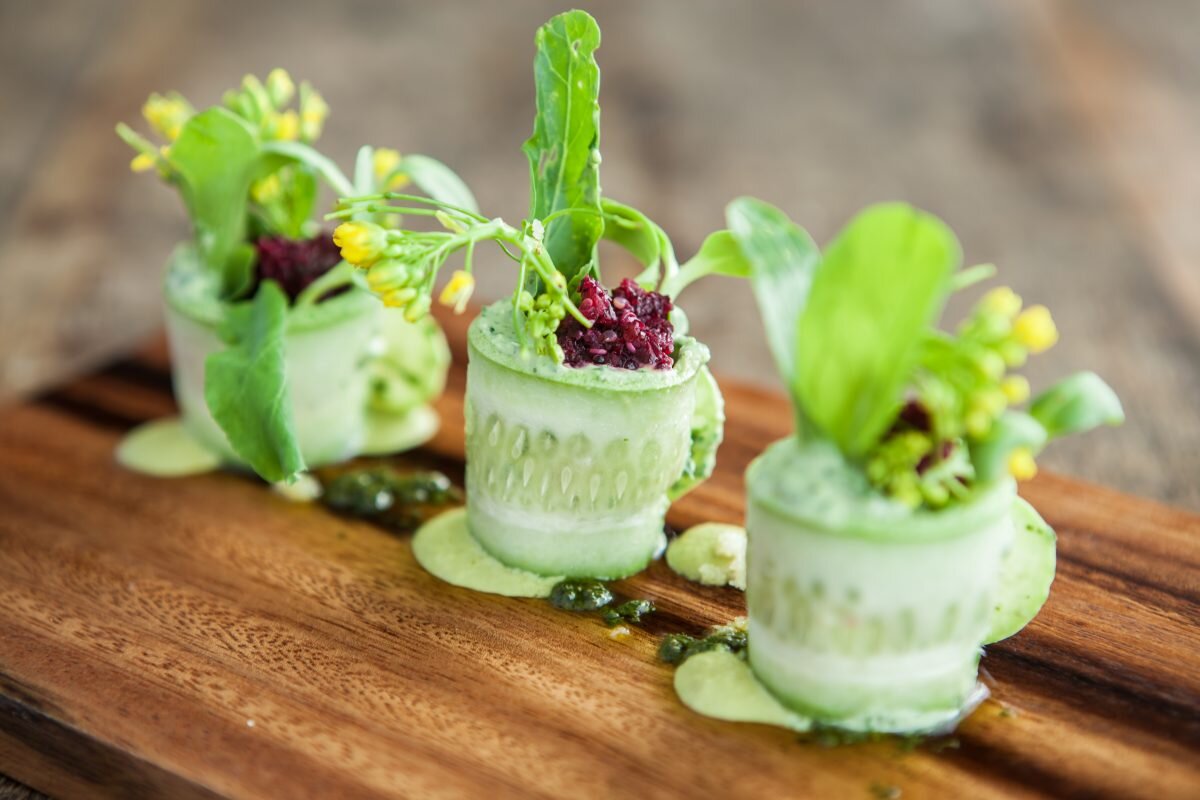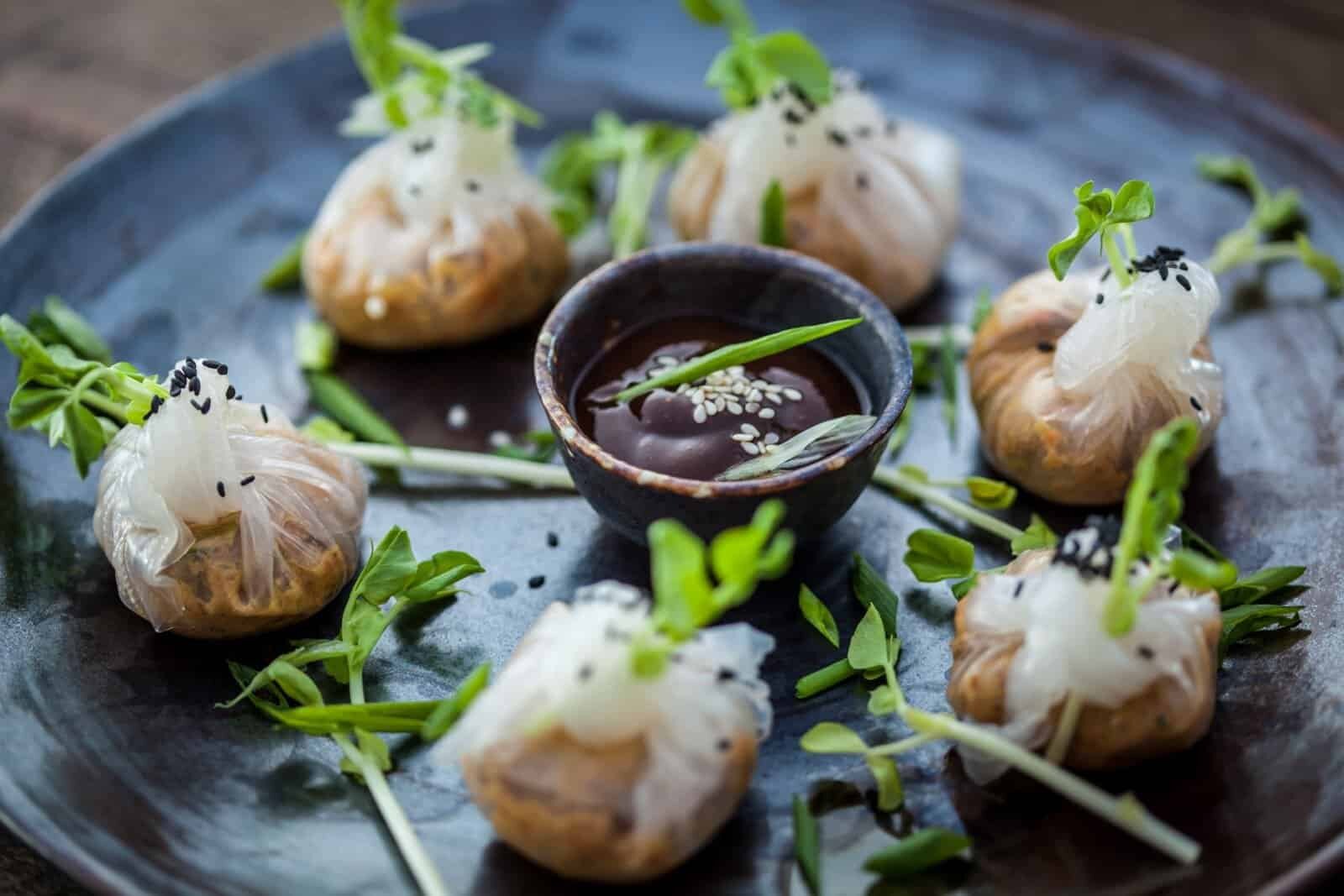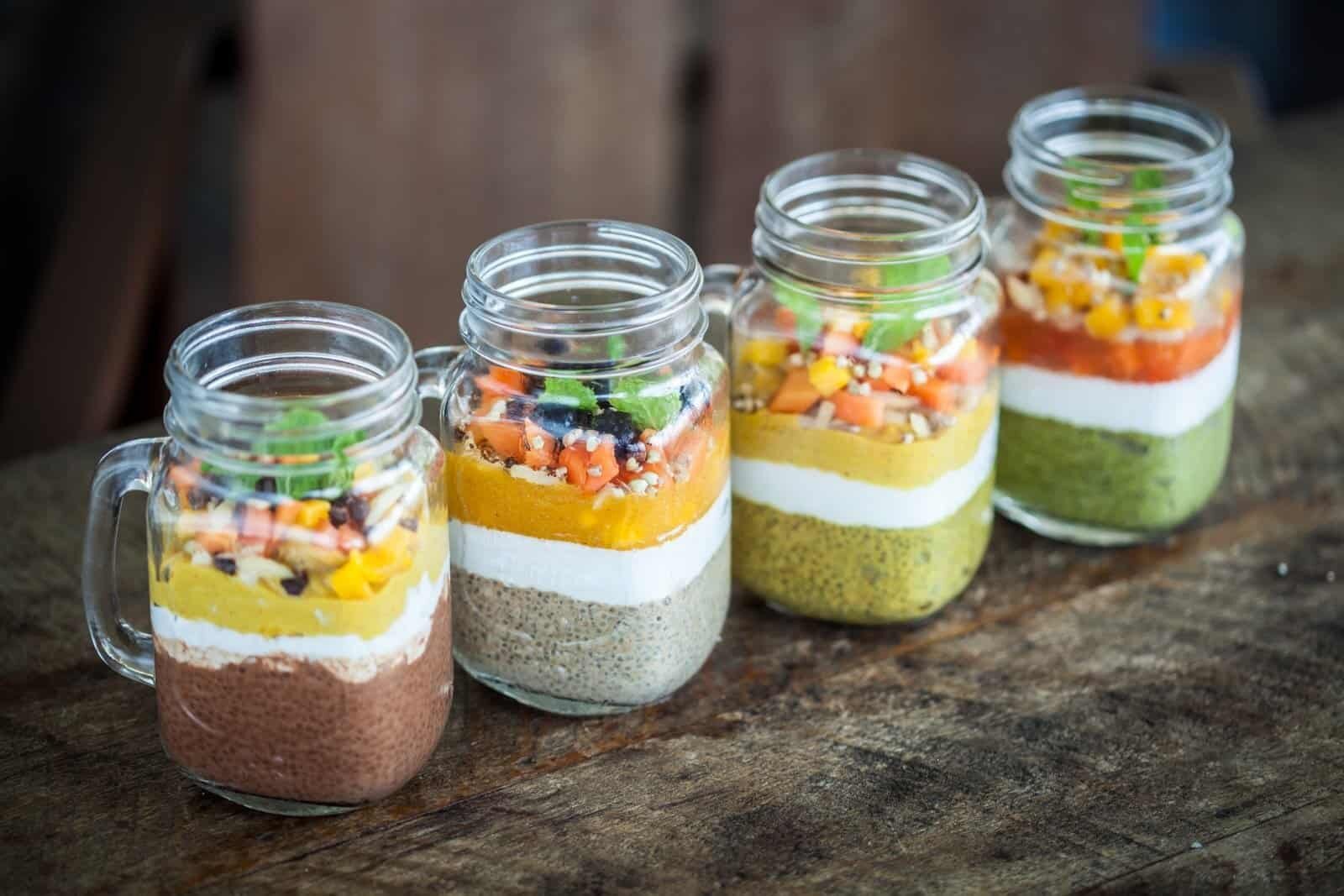When did you start becoming interested in health and wellness? What was your inspiration behind it?
My whole journey started when I was an overweight kid. At 16, I made a conscious decision that I needed to lose weight.
I read a health book that generally advised people to avoid white flour, added sugar, and processed foods because it contributed to chronic disease. I made a promise to myself to steer clear of sugar for one year-- I was a Nutella junkie before and generally didn’t eat well. That only changed when I was able to avoid added sugar in foods. It changed my entire life. I dropped 10 kg. After the year was complete, I tried a spoonful of Nutella again and I had to spit it out. It was so overly sweet that I no longer enjoyed it! I was so surprised that I didn’t like the taste of it anymore because I was such a big fan. That was a key moment for me because that made me realise that you can get used to anything. I felt really empowered when I realised that my taste buds are adaptable and you can train your taste buds to enjoy healthy foods. It was an epiphany.
I also had a lot of health issues, like strong skin eczema and sinus problems, which meant I had to visit lots of doctors. They told me there was nothing wrong with me but I still didn’t feel quite right. This prompted me to become more and more interested in health; I did my own research while I was working in Rome (in a job related to computer science) for a while, and it was then that I started to look into nutrition for healing. On paper, I was healthy but I didn’t feel good so I started to look more into my nutrition. I was already on the path of avoiding processed white flour, but I was far away from having a healthy diet back then. I relied on lots of online research and had lots of healthy vegetarian friends that influenced me to eat organically and put more care into what goes into my mouth. Then the organic movement grew and people became more aware about the link between pesticides found in conventional foods and cancer development. Through going to health events I grew my network of healthy friends, so I gradually swapped over to eating organic and found more like-minded people in Italy who really cared about how their food was grown.
What inspired you into becoming a chef/ going into culinary arts?
I started off working in a field related to what I had studied in university, Computer Science. I had a gut feeling that it wasn’t something I wanted to do in the long run, but something I felt I ought to do because I graduated with that degree. I then discovered raw vegan cuisine on a trip to the States; that really sparked my interest. I coincidentally met an old friend who told me about raw chef training, something I immediately looked into. I then took a conscious decision to change my career path. As I was already so passionate about health and wellness and was at the time already hosting healthy dinners and bringing people together as a hobby, I thought it would be great if I could turn my passion into a career. I got really good feedback from hosting healthy plant-based dinners and inviting friends from everywhere and just bringing people together and uniting them with the joy of eating delicious healthy food. People would say I have a talent for bringing people together through food, and I enjoyed doing it without even being paid so I thought, why can’t this be my job!
Did you go to culinary school? Where? What was the experience like?
I started off training in Arizona at a centre called The Tree of Life, which is a holistic center where people went to get healed and treated. The founder, Dr. Gabriel Cousens, MD, was also a spiritual guide there. There were also workshops for meditation and spiritual healing, but I only went for their raw food course. I loved how everything there was organic!
After that I went to train at the Future Food Institute by Matthew Kenney, an American celebrity chef and a popular author. I made many friends there, one was a raw vegan chef from Vienna with her own coffee house and another was another raw chef from Slovenia. Everyone here had a clear objective which was to make a career out of plant-based cuisine.
What’s the difference mainly between cooking with and without meat? Is there really a difference?
I’ve always mainly cooked plant-based (not vegan), but when I started seriously cooking I had started work in Italy so a lot of what I was cooking was inspired by Italian cuisine. I would still use cheese in my food but I never really felt comfortable cooking meat. I was fine with cooking fish but to me, meat was a bit more complicated because I was put off by the idea of going to select cuts from the butcher’s. It just wasn’t an appealing thought.
I don’t think there’s much of a difference between cooking meat and vegetables. I think it actually really depends on how culinarily interested you are. I guess you’d have to give more thought into making your main dishes because people usually like to have a piece of meat for their main and people seem to think the equivalent of that meat would be a chunk of tofu, which really then puts a limit on vegetarian options. You need creativity and you need to work with textures to make dishes work. Tofu is a good ingredient but of course it would get boring if you have a chunk of plain tofu without seasoning it. What most people fail to think of is that flavour comes from seasoning; using herbs and spices. They spend so long marinading a piece of meat but only throw the vegetables on the grill. You wouldn’t just throw a raw piece of meat on the grill without first seasoning it so why do that to vegetables? You don’t have to be more creative to cook vegetables, you just have to do the same thing and put as much care into vegetable dishes as you do the meat dishes. After you’ve done that, it’s a question of whether or not you are a good chef. My chef colleague always used to say, “when the vegetables don’t taste good it’s usually not the fault of the vegetables!”. Then, to get the full spectrum of amino acids you’d find in meat protein, people also should include whole legumes, such as chickpeas, beans, lentils and tempeh into their diet. That, along with eating nuts, seeds and whole grains, would give you all the essential amino acids you need!





